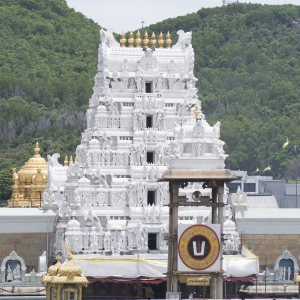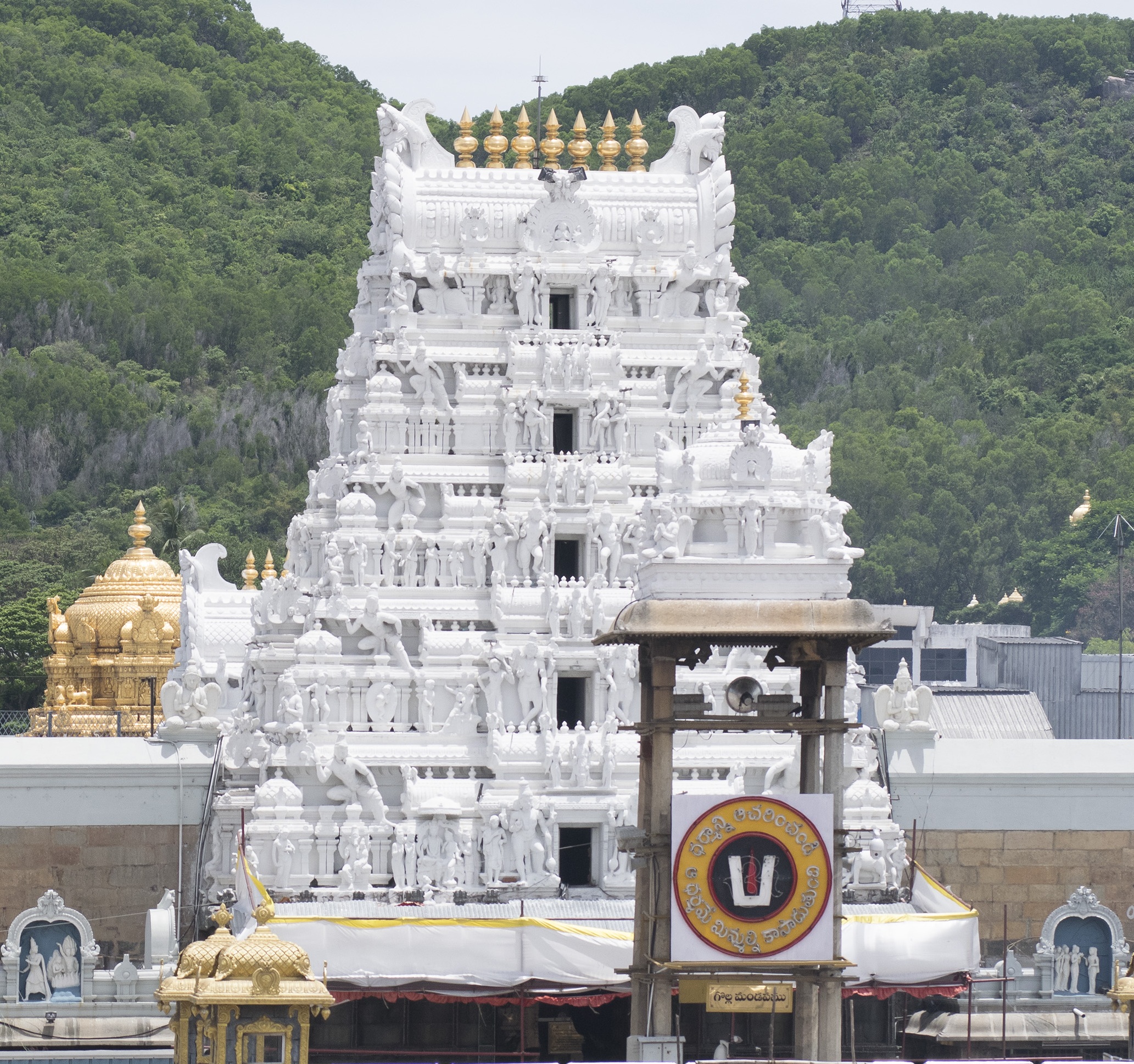

The recent controversy surrounding the Tirupati Laddu, one of India's most revered religious offerings, has sparked a profound firestorm of religious, political, and social debate. At the heart of this controversy is an alleged adulteration of the sacred sweet, purportedly contaminated with impure ghee, raising grave concerns about the integrity of this deeply symbolic Prasadam.
According to the Tirumala Tirupati Devasthanams (TTD), the temple trust responsible for overseeing temple operations, the ghee in question never entered the kitchens. TTD's executive officer clarified that tankers of contaminated ghee were turned away after sample testing, rejecting any claims that adulterated ghee was used in the preparation of the Laddu. However, opposition parties have been quick to leverage this incident, accusing the government of downplaying the issue and creating controversy from what should have been a rejected stock. This has fueled speculation about the motivations behind the timing and handling of the incident.
The claim that the adulterated ghee may have contained foreign substances, including beef fats, has struck at the core of Hindu religious sentiments. The Tirupati Laddu, revered as a blessed offering from Lord Venkateswara, is not merely a sweet but a representation of divine grace, connecting devotees to the deity. Any accusation of contamination, particularly with substances forbidden in the Hindu faith, is viewed as an affront to both religious purity and public trust.
The handling of this controversy by authorities has raised eyebrows. The delay in releasing the results of the ghee sample tests and the initial decision to send the sample to a laboratory outside the trusted Forensic Science Laboratory (FSL) in Hyderabad has intensified public skepticism. The lack of a formal signature or lab name on the test report has further muddied the waters, leading many to suspect foul play and political manoeuvring.
Political parties, particularly the Bharatiya Janata Party (BJP), have seized upon these inconsistencies to accuse the previous Jagan government of obfuscation. The opposition parties argue that the controversy may have been inflated to distract from other pressing issues, a tactic often employed in times of political tension. This deliberate exploitation of religious concerns echoes historical incidents like the Sepoy Mutiny of 1857, when religious sensitivities were similarly inflamed by rumours of impure substances being used in military supplies, sparking a significant uprising.
However, the TTD remains adamant in its defence, maintaining that the contaminated ghee never made its way into the sacred kitchens. Yet, the damage to public trust has already begun to spread, with viral misinformation circulating on social media platforms. These platforms have magnified the controversy, with identical posts surfacing about individuals allegedly falling ill after consuming the Laddu, a tactic seen by many as orchestrated by political groups to inflame public sentiment. This underscores the power of digital narratives in modern-day controversies, where truth and misinformation often blend in ways that are difficult to untangle.
Amidst all of this, the Laddu controversy reflects broader concerns about religious practices and food safety in temples. Temples, once spaces of spiritual purity, are increasingly scrutinised for their commercialised operations and large-scale production processes, which often involve outsourcing materials and risking the sanctity of offerings. The sacred responsibility of maintaining purity in temple kitchens is paramount, especially in a country where religious faith is intertwined with the daily lives of millions.
The TTD has promised further investigations in response to the scandal, though public faith remains shaken. The need for stringent quality control measures, transparency in sourcing, and a return to traditional methods of preparing Prasadam is more important now than ever. For devotees, this Laddu is not just a sweet but a physical manifestation of the blessings from the divine, and any breach of trust in this exchange feels like a direct spiritual violation.
The Tirupati Laddu controversy serves as a cautionary tale for all religious institutions. It is a reminder of the sacred bond between worshippers and their faith and the responsibility of temple authorities to protect that bond at all costs. At its core, this incident highlights the profound significance of religious offerings in Indian society and the need to preserve their sanctity against the pressures of commercialisation and political exploitation.